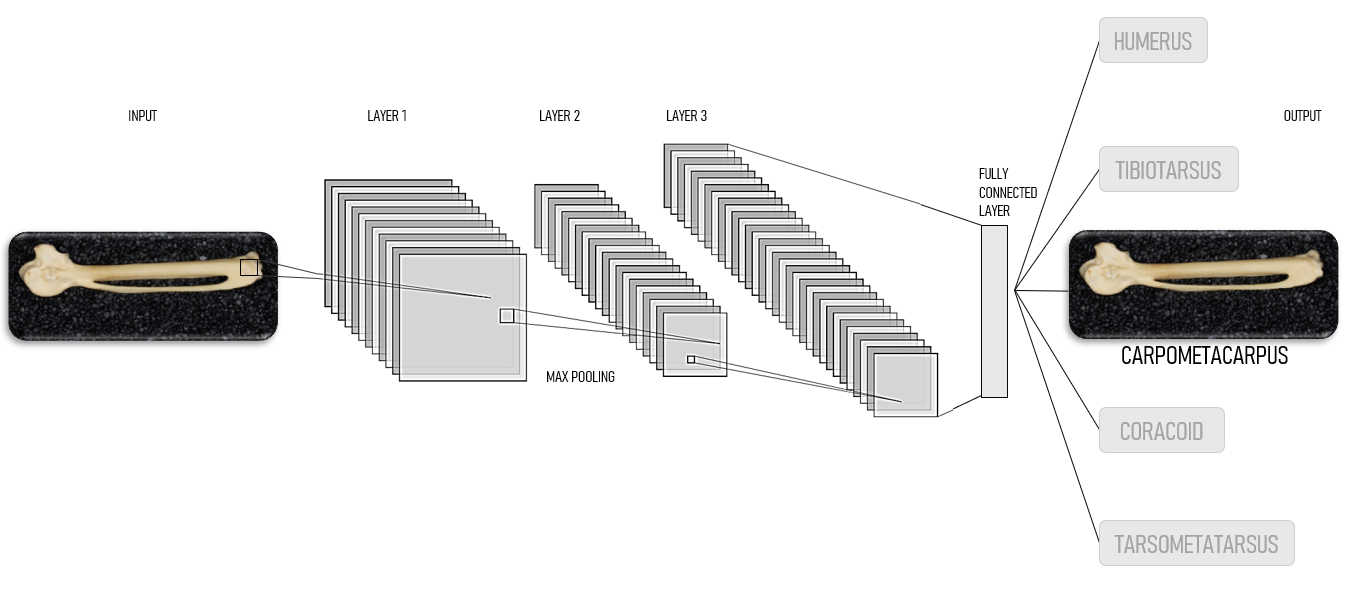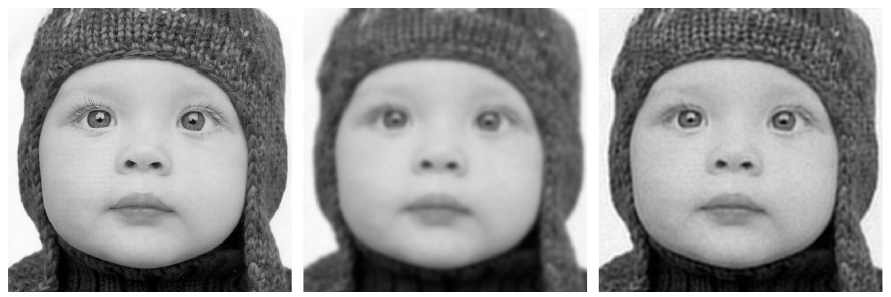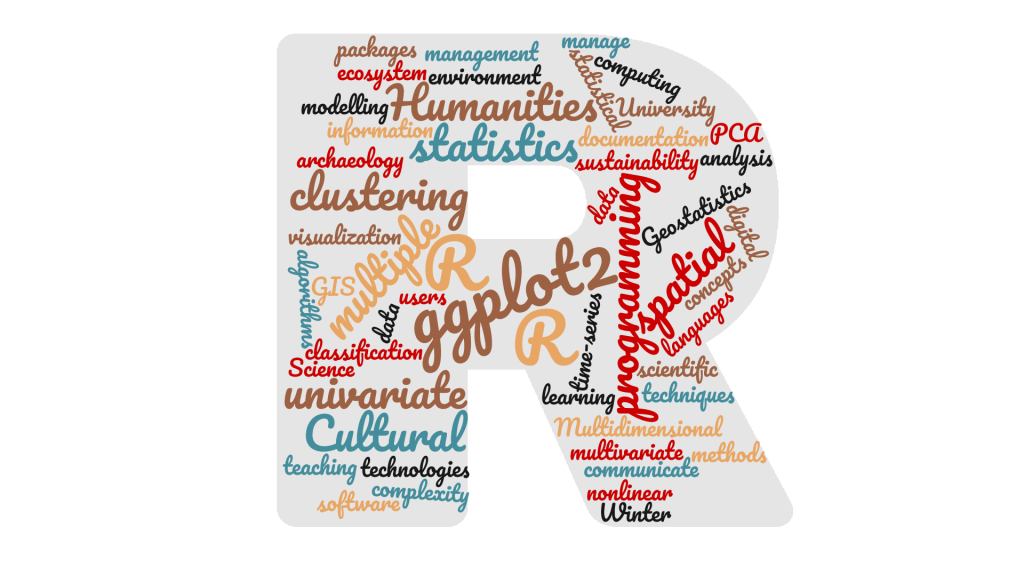Innovation meets agriculture and sustainability thanks in NeutraWeed, an international project involving 15 organizations from 9 countries across Europe, America, Asia and Africa. Funded by the Horizon Europe program under the Marie Skłodowska-Curie Actions, the project aims to improve and transform weed management in agriculture through AI-powered advanced robotic systems.
A new paradigm: Neutral Weed Communities
Traditionally, weed control has relied on pesticides and intensive soil tillage, with negative impacts on biodiversity and ground fertility. NeutraWeed offers a different perspective: not all weeds are harmful. Some of them (Neutral Weed Communities), are able to coexist with crops without affecting productivity.
Thanks to a multidisciplinary approach combining agronomy, microbiology, engineering, AI and robotics, the project studies the behaviour of weeds and the development of an AI algorithm capable of recognising and distinguishing between harmful and neutral weeds. The aim is to use intelligent robots that can selectively remove harmful weeds, preserving natural balances.
Tecnologies shaping the future of agriculture
NeutraWeed fits into the field of precision agriculture, using advanced technologies such as computer vision systems, machine learning, and autonomous robots. The aim is to develop scalable and widely applicable solutions that can be adapted to different agricultural ecosystems.
But the project is not limited to technology: it also aims to explore the social and environmental impact of these new tools. How will work in the fields change? What will be the impact on farmers and rural communities? These are open questions that we will try to answer with the help of farmers, technicians and researchers around the world.
NeutraWeed has an ambitious goal: to make agriculture more efficient and sustainable without sacrificing biodiversity. Over the next four years, our international team will work to develop concrete solutions and share knowledge between different agricultural contexts.






